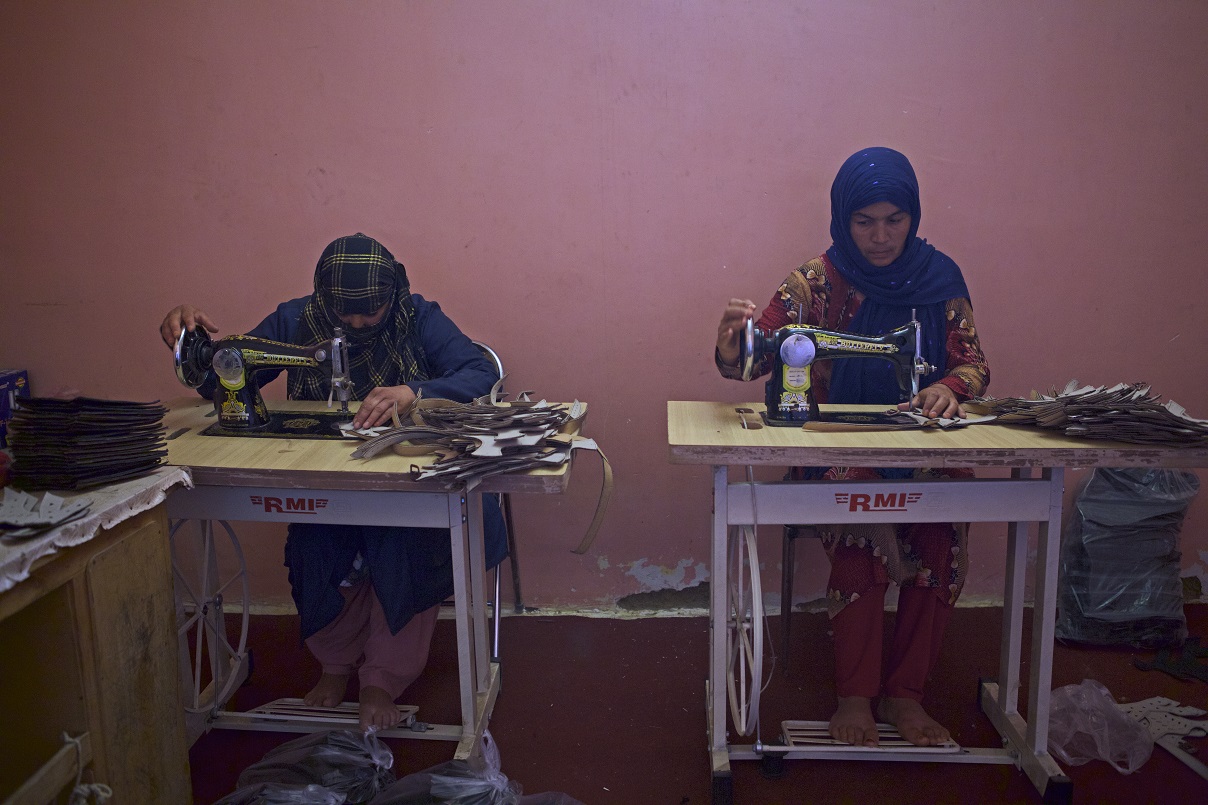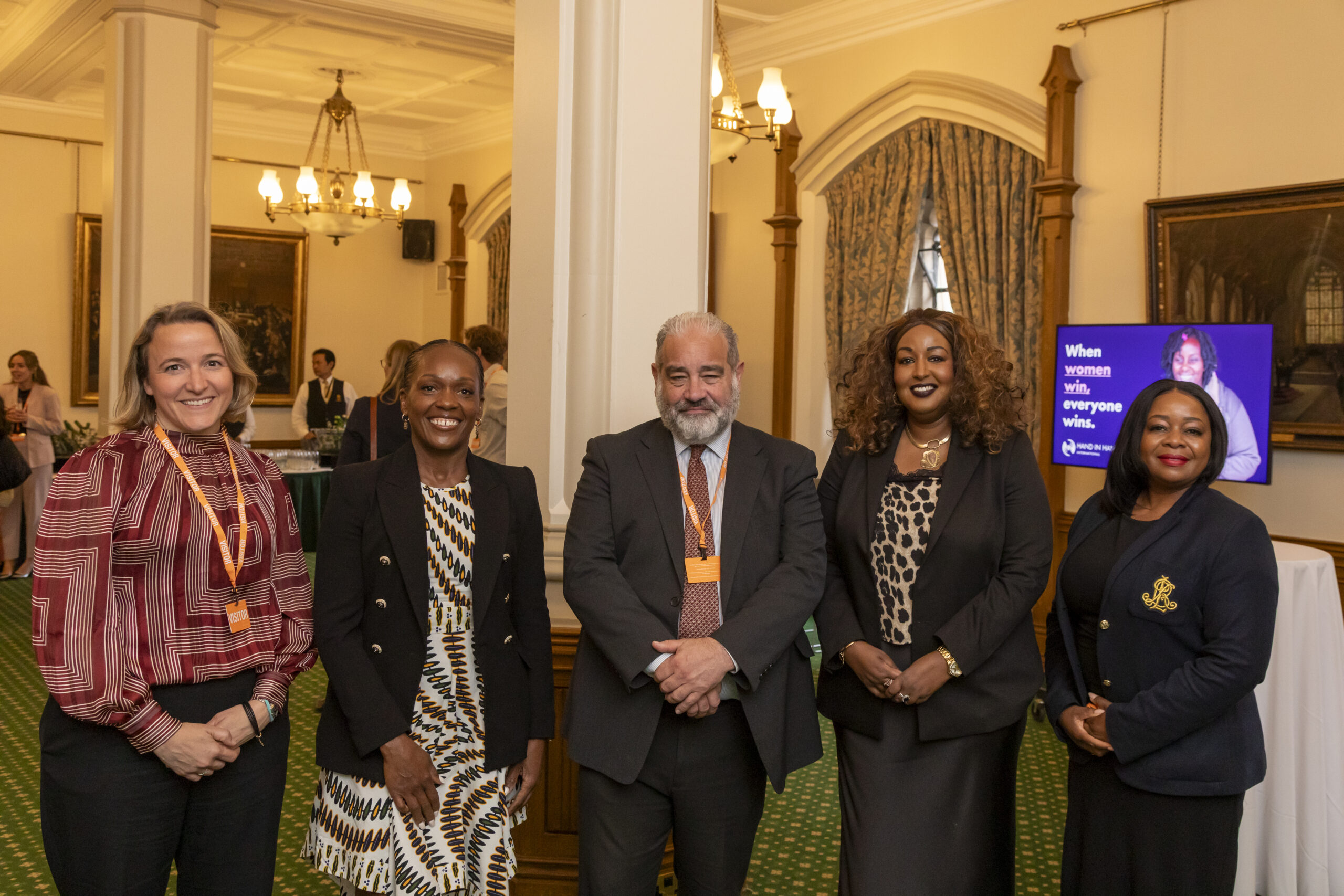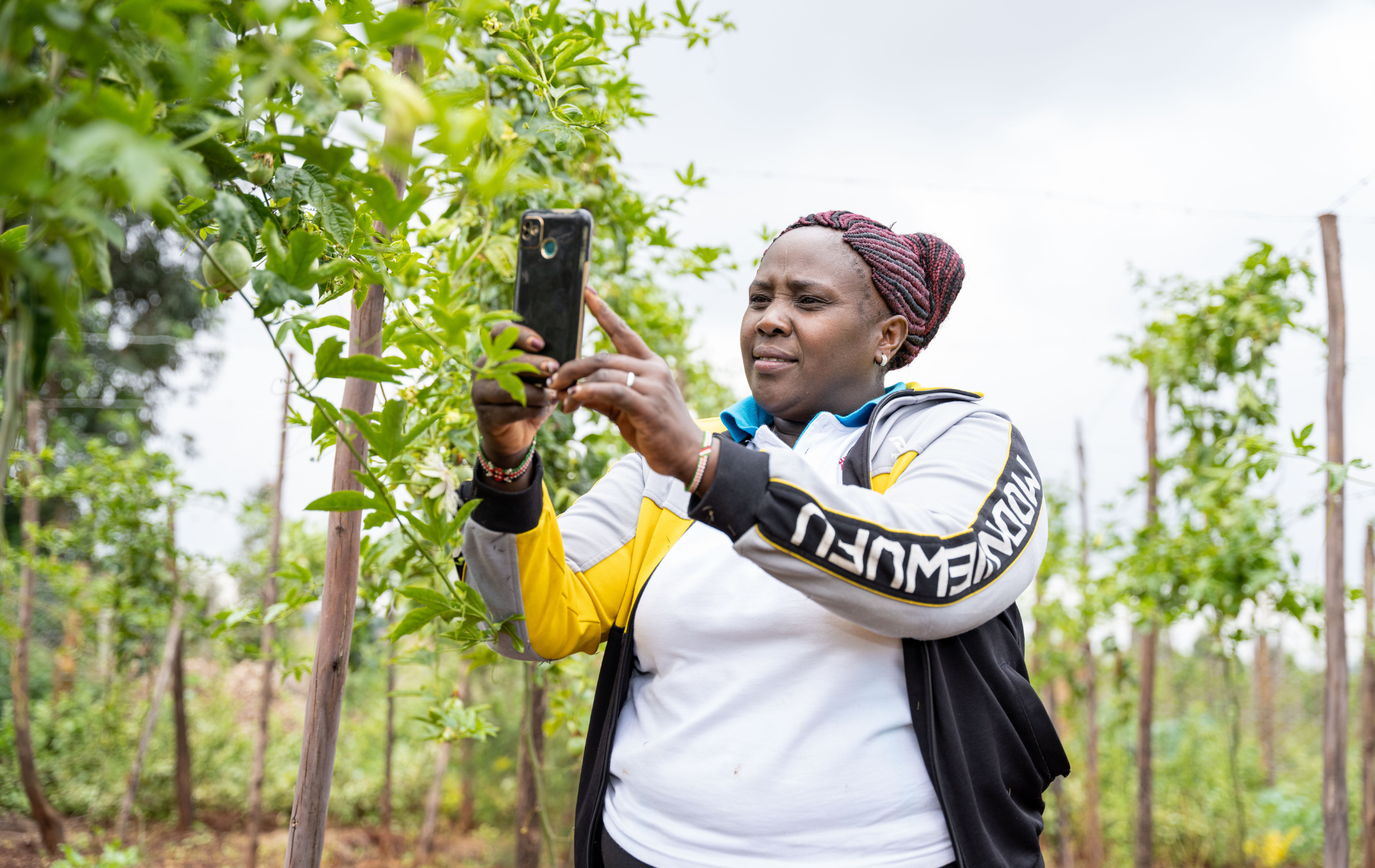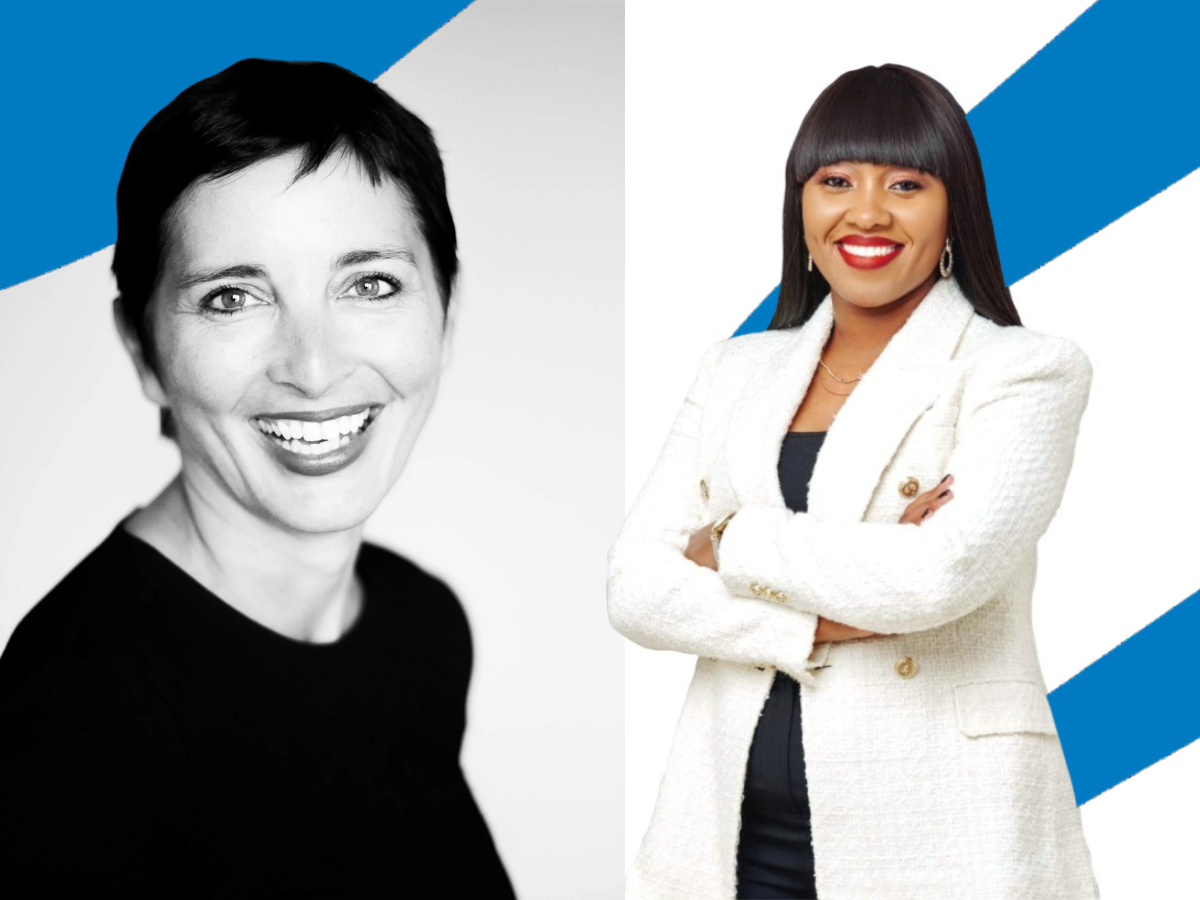Stories & blogs - Post

17
JunMembers who completed Hand in Hand’s joint-programme with CARE in Afghanistan say they have higher incomes, more confidence, increased mobility and greater decision-making power inside and outside of the home.
The findings, reported during a series of focus groups conducted in December 2020, come as part of a wider evaluation of the project, designed to test what happens with programmes that target members’ social empowerment, courtesy of CARE, are blended with programmes that target their economic empowerment, courtesy of Hand in Hand. Launched in 2018, the 22-month project concluded in November last year.
Economic empowerment
All the project’s members – a greater number than expected – completed Hand in Hand’s business and skills training. Those who needed it also received extra training literacy and numeracy. With their training complete, members received start-up toolkits to help launch their businesses (think sewing machines and thread for tailors or chickens, coops and feed for poultry farmers). The rest was up to them.
By the time the project concluded, 1,101 enterprises had been launched, 11 percent more than the target of 990. What’s more, members had hired 117 of their neighbours as employees, bringing the total number of jobs created to 1,218.
Monthly net incomes rose to an average of AFN 2,152 (US $28), in most cases starting from zero. It was enough to lift the average member above the national poverty line.
Social empowerment
The benefits of the programme weren’t only economic, however. Speaking to Hand in Hand Afghanistan evaluators during a series of post-project workshops, members reported improvements in a number of key areas. Here’s just some of what they had to say.
On mobility: “I can feel positive changes in both my household and in my community. Indeed, this project changed in my life. For example, I did not go outside much before my participation in this project but after my participation I become a well-known person in my area. I also became a social person by regularly attending group meetings and vocational training classes. Now I’ve started going to my relative’s houses and participating in their events, and I’m going to the market to buy raw materials for my enterprise too.” – Participant 6, Dehmiskin focus group
On decision-making and confidence: “I can decide on health issues in my family, on my enterprise, on buying food, buying cloths, registering children in school and more… During the two years of the project I received several trainings and they helped me to be so courageous. Before, it was our men who sold our eggs and milk at the market, but now I can decide where to sell them, how much to sell them for and how should I spend my money.” Participant 4, Dehmiskin focus group
On involving husbands in training: “[Before the project] we could not raise their voices and when we wanted to go out. People had negative thoughts about us. That’s changed since men and women both started attending meetings.” – Participant 7, Khulm focus group
Recommendations
Evaluators – and focus group members – made a wide range of recommendations for improving future programmes. Prioritising enterprises that maximise returns while minimising labour was one of them, with members pointing to poultry farming as one example. Caring for chickens only takes two or three hours a day, they said, and chickens lay eggs all year regardless of season. In a context when most men down tools during the harsh winter months, this was seen as especially valuable.
Evaluators also recommended involving more men in future programmes in order to change their attitudes about their wives’ work.
For more information about the programme, please click the link below or contact Hand in Hand International Programme Development Manager Isabel Creixell.
By the numbers
![]()
1,101 enterprises
![]()
1,218 jobs
![]()
Average income: AFN 2,152 (US$28)




